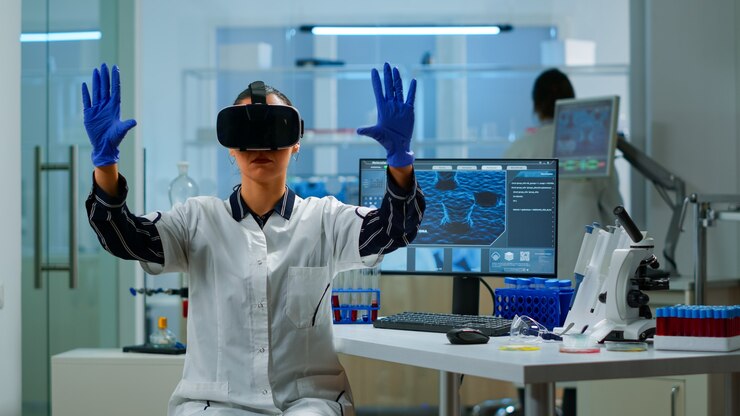
Neural Implants: Era of Novel Discovery
Complementing Past with Futuristic Options
Neural implants are also referred as brain implants, they are technological enabled devices that connect directly to the subject brains. Frequent use of these devices takes place during experiments to record neural activities for experimental purpose. Mental disorders such as Parkinson's disease and clinical depression are increasingly utilizing deep brain stimulation and vagus nerve stimulation. Neurological disorders are the highly focused area for its adoption.
Neural implantation has wider scope in areas such as drug delivery to the brain, locating subjects’ movement. Various institutions involved in performing these activities such as University of Illinois and University of Melbourne. Military scientists are also exploring its usage in protecting underwater vehicles.
Neurostimulation therapies utilizing both ways, invasive as well as non-invasive technique. Generally all implants require open surgery, while in 2019, a firm called Synchron was able to successfully implant a brain–computer interface via the blood vessels.
Potential Applications of Neural Implants:
- Aiding Neurological Disorder Patients
- Tracking Movement of Under Water Species
- Cognitive Enhancement
- Facilitating Drug Delivery
Though the neural implants approved by regulatory authority but not yet commercialized for usage. Laboratories experimental data endorsed application of neural implants and tissue-engineering phenomena in the treatment of brain disorders. Various disorders are under focus for treatment such as Parkinson’s disease (PD), Huntington’s disease (HD), Alzheimer’s disease (AD), epilepsy and stroke while Parkinson’s disease (PD) is the main target area of neural implants.
Organization and individuals are venturing into brain–computer interface experiments are Synchron, Neuralink,
CTRL Labs, Elon Musk, Bill Gates, Mark Zuckerberg, Jeff Bezos.
Key Challenges:
- Poor biocompatibility with respect to the material utilized in preparing implants.
- Issues pertaining to neuro-ethics guidelines
- Lack of substantial information to instill confidence in scientific community
- Data privacy issues raised by ethical committee
Neural implant is an area of investigation and discovery, it has potential to provide unprecedented solutions to the neurological disorders. Addressing challenges and creating framework for robust discovery will make this field more vibrant.




